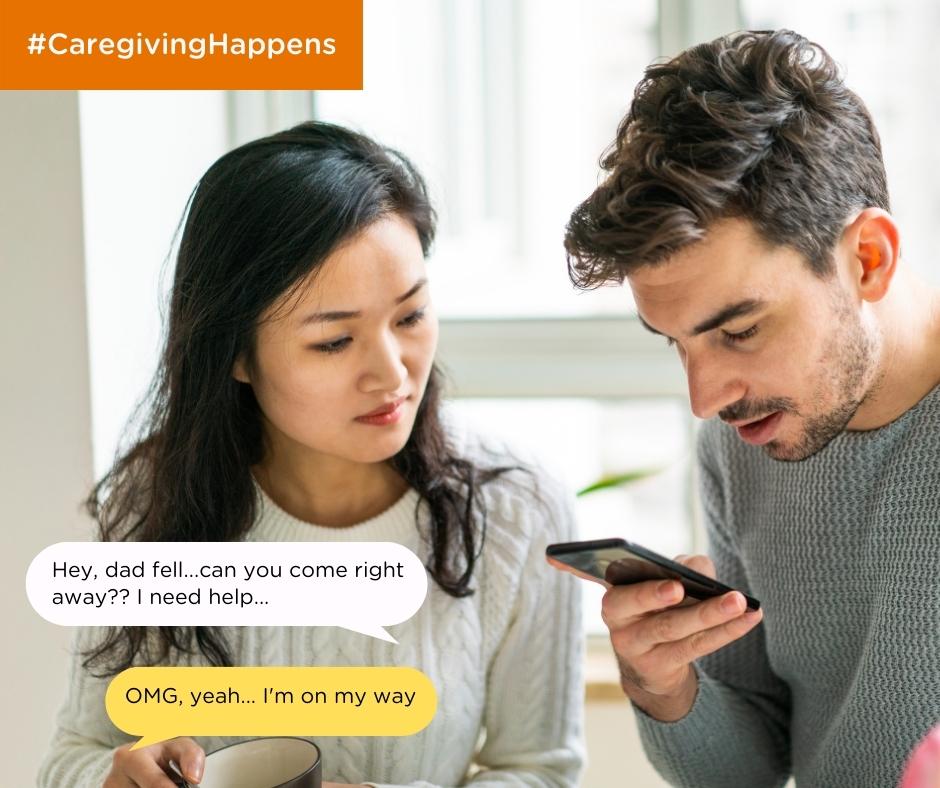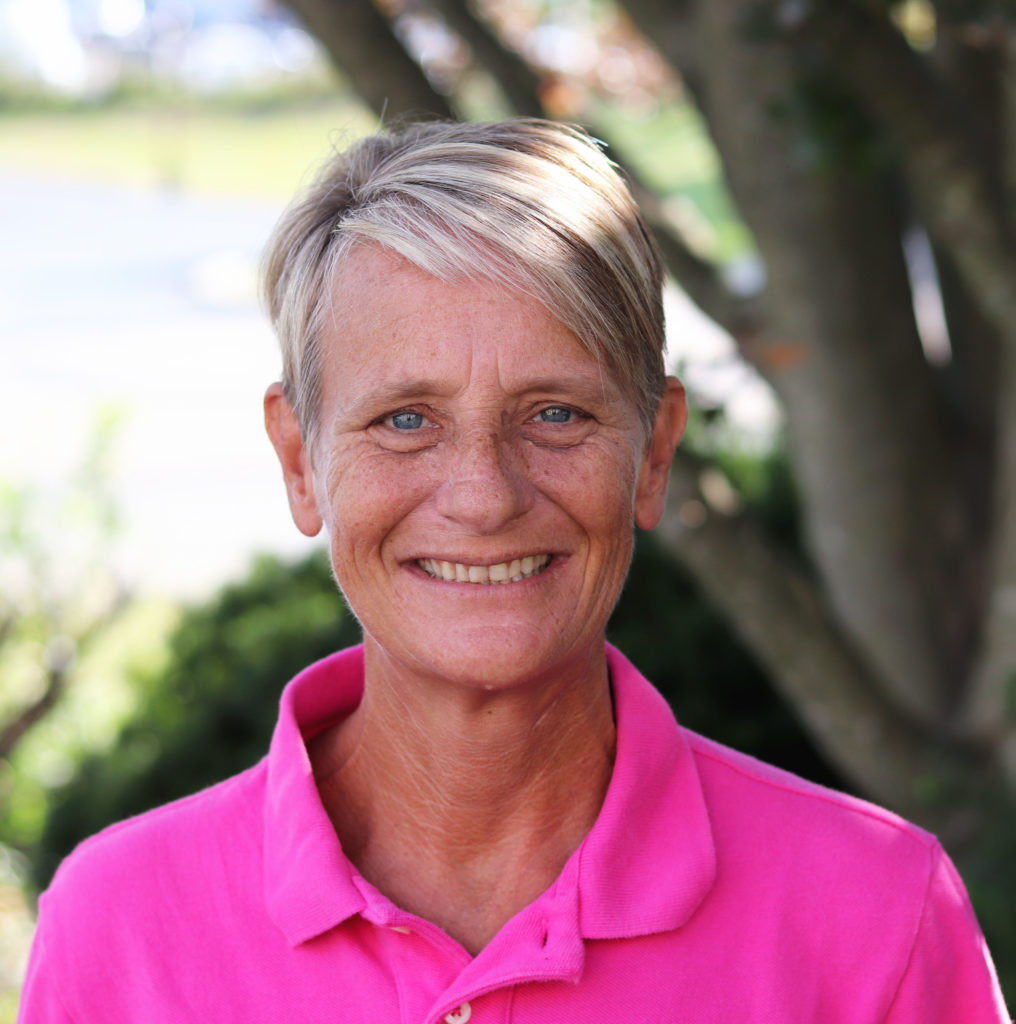
“I didn’t realize I needed Council on Aging, but they were my breath of fresh air when I was suffocating.” This powerful sentiment came to us from a caregiver who found herself in an increasingly common position. She was trying to care for her mother, who’d recently been discharged from the hospital, while also juggling the responsibilities of her family and her career.
November is National Family Caregivers Month – a time to acknowledge all who care for family members who are aging, ill or disabled. The scenario above is a perfect example of this year’s National Family Caregivers Month theme: #CaregivingHappens. The fact of the matter is, most of us don’t plan to be caregivers for an older or disabled loved one, but caregiving sneaks up on us – it just happens.
And #CaregivingHappens to more of us than you might think:
- More than 53 million Americans (one in five) provide unpaid care to an adult with health or functional needs.
- In Ohio, approximately 1.5 million unpaid caregivers provide more than 1.27 billion hours of care each year.
- Among all Ohioans age 60 and older who meet the criteria to receive care in a nursing home, nearly 45 percent of them instead receive unpaid care from a family member.
These caregivers bear the burden of a society that isn’t prepared to meet the needs of a rapidly aging population. For example, in Ohio, the number people age 85 and older (those most likely to need care) will grow by more than 50 percent between now and 2040. Add to this a growing shortage of home health care workers and we see that family caregivers are being asked to give more – more of their time, their financial resources, and even their own health and well-being – to their caregiving duties.
Whether you expect it or not, caregiving will happen to all of us. We’ll either give care to someone else, support another caregiver, or be on the receiving end of care. It might happen while you’re at work, helping with homework, on vacation, or at the grocery store. #CaregivingHappens in the form of a parent who needs surgery, a grandparent who can no longer drive, or a spouse diagnosed with dementia.
Being a caregiver can be both rewarding and challenging. And because family caregivers make up a critical and very large part of our long-term care system, they deserve all the support we can give them. This November, I’d like to offer caregivers three pieces of valuable advice I have learned through my experience as a nurse, and also as a family caregiver:
- Acknowledge your role as a caregiver. Many people see themselves not as a caregiver, but as someone just doing their family duty. However, one of the most important things you can do as a caregiver is acknowledge that you are in fact a caregiver. Once you do so, you’ll be more open to and seek out support or resources which can help you and your care recipient. Without support, caregivers experience burnout, and caregiver burnout is one of the top three reasons older adults end up in nursing homes.
- Take care of yourself! As a caregiver, it may seem selfish to set aside time for your own health and wellness needs, but if you don’t take care of yourself, you definitely won’t be able to care for someone else. This includes making time for health care appointments, as well as things like haircuts, a nap or afternoon at the movies, or a visit with friends and family.
- Accept help from others when it is offered. You must find ways – even little ones – to let people help you or you won’t last long as a caregiver. Sitting with your loved one at a specific date and time, doing laundry, picking up prescriptions or groceries, cooking or cleaning – many people can handle tasks like this, giving you, the caregiver, valuable time for self-care and rest (see tip number two!).
Finally, it’s important to know that when #CaregivingHappens, help is available. For example, Council on Aging can help you understand care options and resources that are available to you as a caregiver. This could include in-home care for your loved one, and caregiver support for you.
When #CaregivingHappens to you, reach out to us for help.
Do you have a #CaregivingHappens story to share? Visit Council on Aging’s Facebook page this November and look for the pinned #CaregivingHappens post. Add your comments to share your experience with other caregivers.

Anna Goubeaux, RN, is a caregiver support nurse at Council on Aging. Council on Aging is the Area Agency on Aging for southwestern Ohio and administers publicly-funded programs that support caregivers and help individuals remain independent in their homes and communities. Contact Council on Aging at (513) 721-1025 or www.help4seniors.org.
